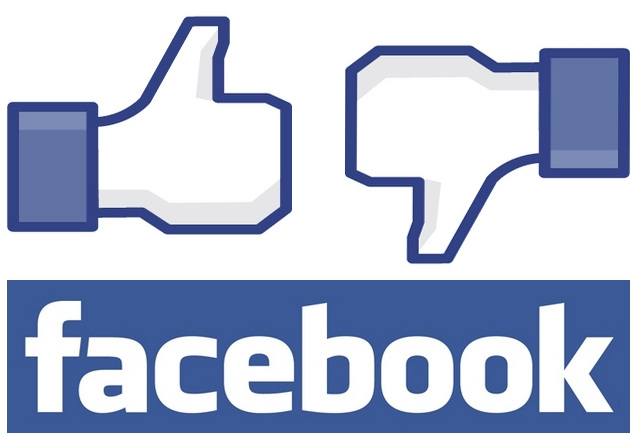Study: Looking at Facebook Makes You Happier
So what if Facebook reduces your productivity? It also makes you happier. That’s what a study, from the University of Wisconsin-Madison seems to indicate. The study has concluded that looking at your Facebook profile for just 5 minutes could boost your self-esteem at a ‘deep, unconscious level’.
The results of the study are surprising, given that many adults are actually leaving the site – as high as 61% of users, according to another study. Nevertheless, the social networking site is still providing a boost in self-esteem to those who stick to it.
Most have a very large audience of friends and they selectively present the best version of self, but they do so in an accurate manner, – Catalina Toma, assistant professor of communication arts, University of Wisconsin-Madison who led the study.
A group of participants was made to look at their Facebook profiles and then given an Implicit Association Test, which is used to measure how fast people would associate positive or negative adjectives with words like me, my, I and myself. Participants who had checked out their profile and photos ended up associating themselves with positive words.
But it isn’t a win-win situation. To gauge any impact that the boosted self-esteem may have on motivation, participants were then given a subtraction test, wherein they were asked to subtract seven from a series of a larger numbers. The group of participants who did not browse their profiles was found to work on completing the test, while the Facebook-backed group didn’t try hard enough to perform in the test.
Facebook gives you a real good image of yourself, but you then don’t have to look for that in other ways,- Toma said. “Your motivation to perform well might be reduced because you already feel really good.”
The conclusions from the study can be disputed, of course. Another study conducted by the University of Gothenburg, Sweden found that users who spent more time on Facebook actually ended up with low self-esteem. Toma conceded that Facebook may not necessarily always have a positive impact on an individual.
People don’t always understand that they, themselves put their best face forward on Facebook and so does everyone else. It seems like everyone could be having more fun than you are or a more meaningful life. Facebook is a really multifaceted and complex psychological platform.
Users have been leaving Facebook in droves lately. A study by Pew Internet and American Life Project found that 61% of users have taken a voluntary multi-week break from the social networking site – for varied reasons ranging from lack of time, to the site becoming too boring. Facebook, on the other hand, has been actively trying to re-engage users with new products, like the failed Facebook Home.

